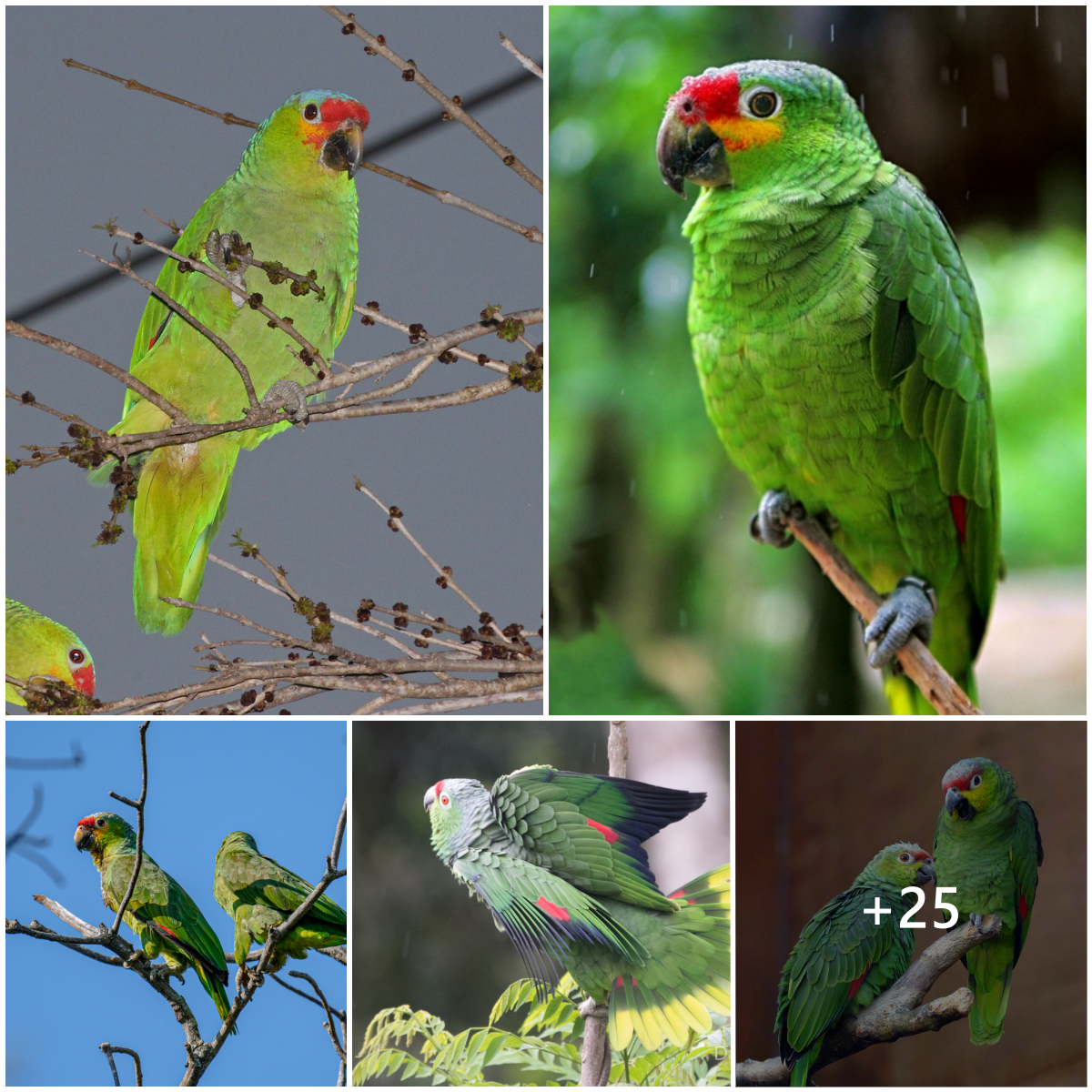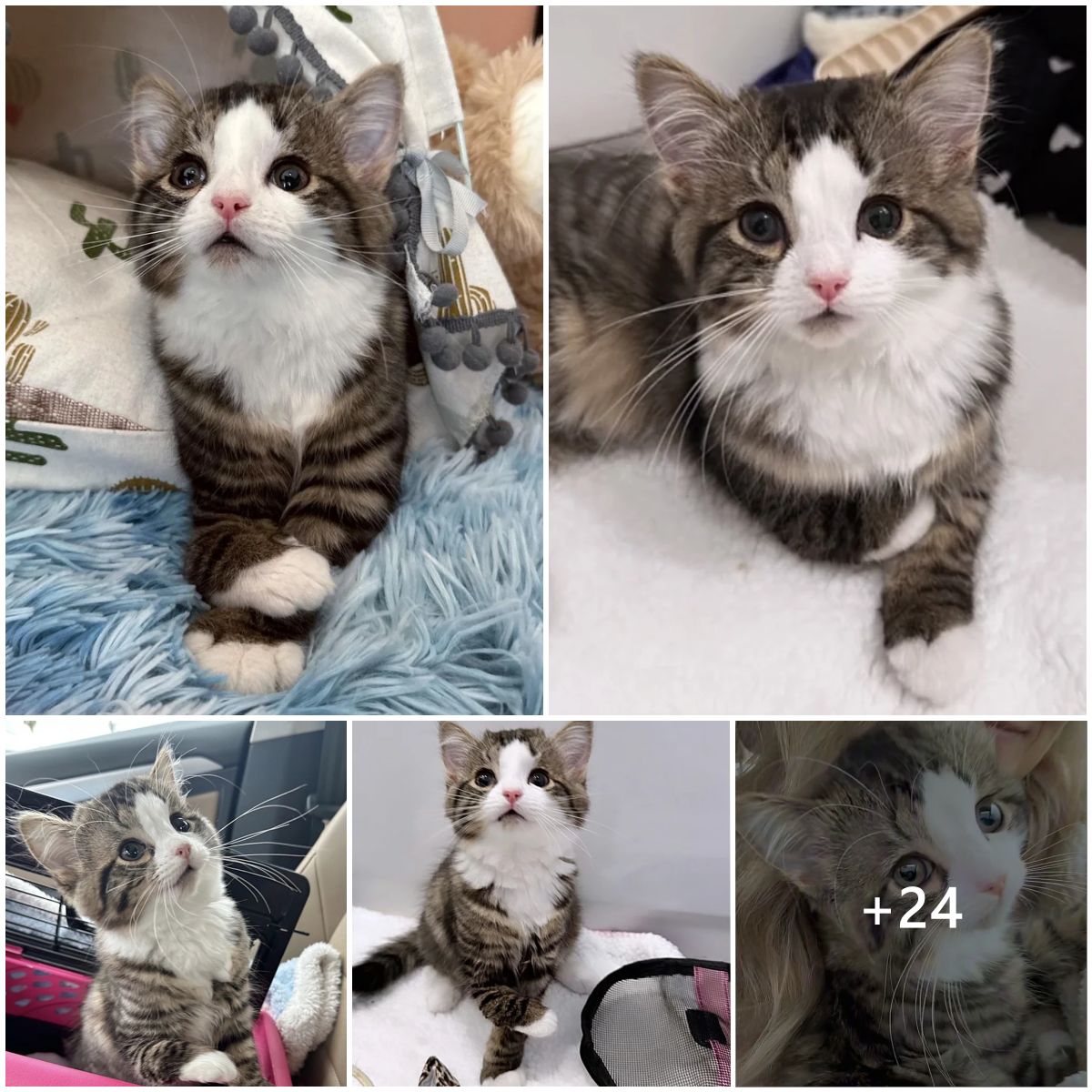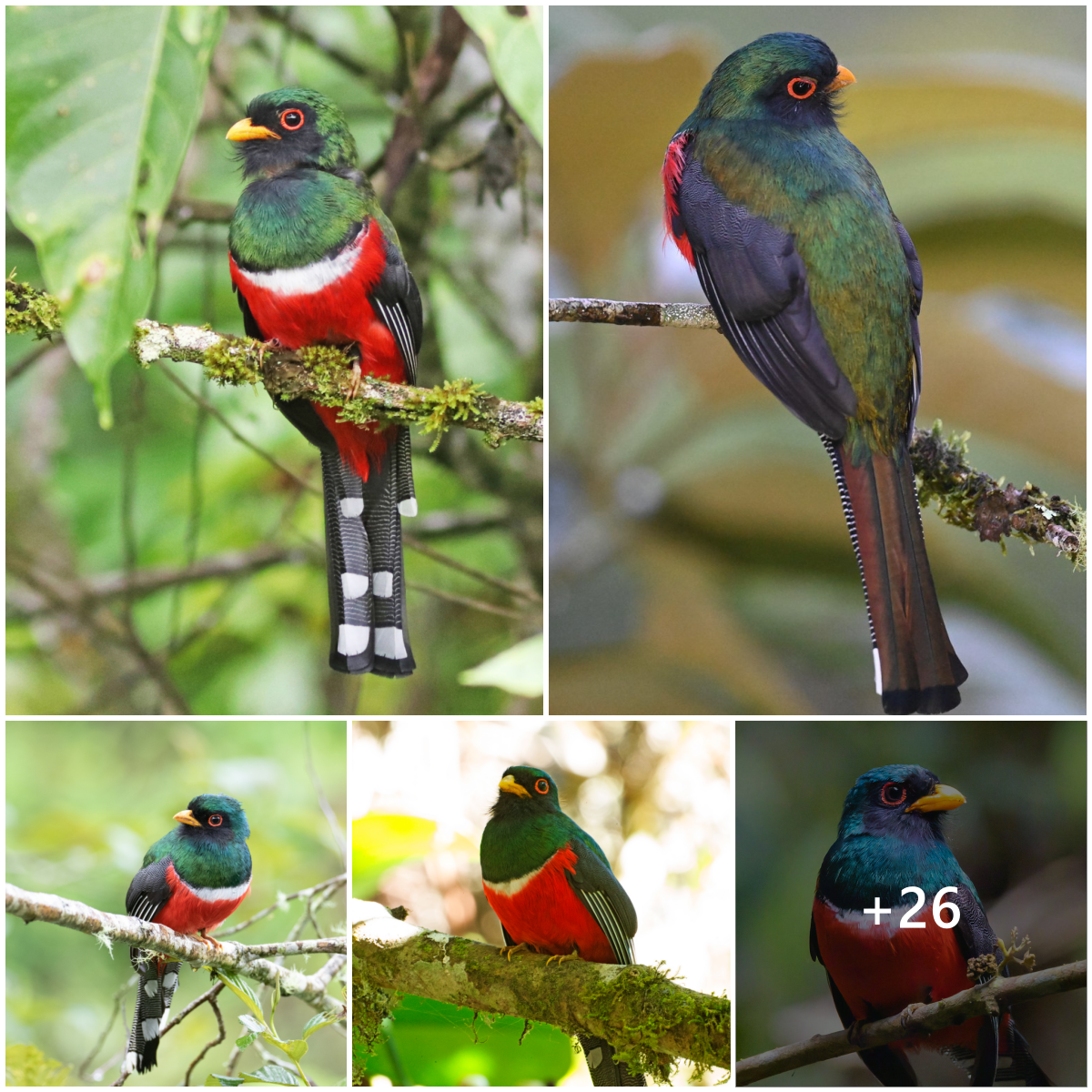A 70-year-old giant tortoise in “better physical condition” has sired a whopping eight Galapagos giant tortoise hatchlings.
Dirk, named after Boogie Nights porn star Dirk Diggler, mated with three females he shares a pen with at Crocodiles of the World in Oxfordshire.
In March it was revealed that two baby turtles had hatched from eggs laid by 21-year-old Charlie.
That was the first time a British zoo had successfully bred a Galapagos giant tortoise. After that, Dirk mated with the female tortoise Isabella, who laid four eggs that hatched in July.
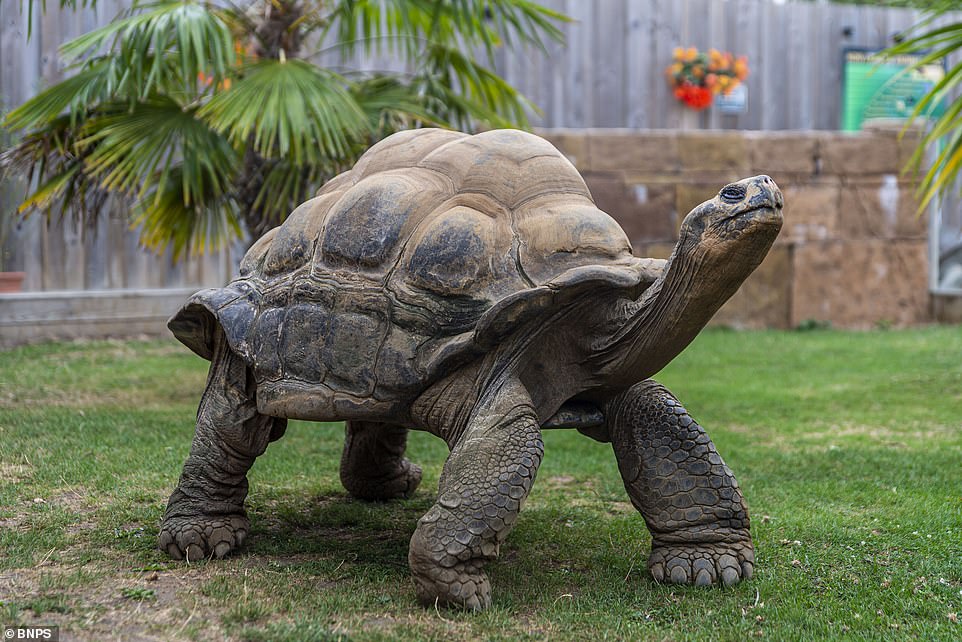
Dirk, named after Boogie Nights porn star Dirk Diggler, mated with three females he shares a pen with at Crocodiles of the World in Oxfordshire.
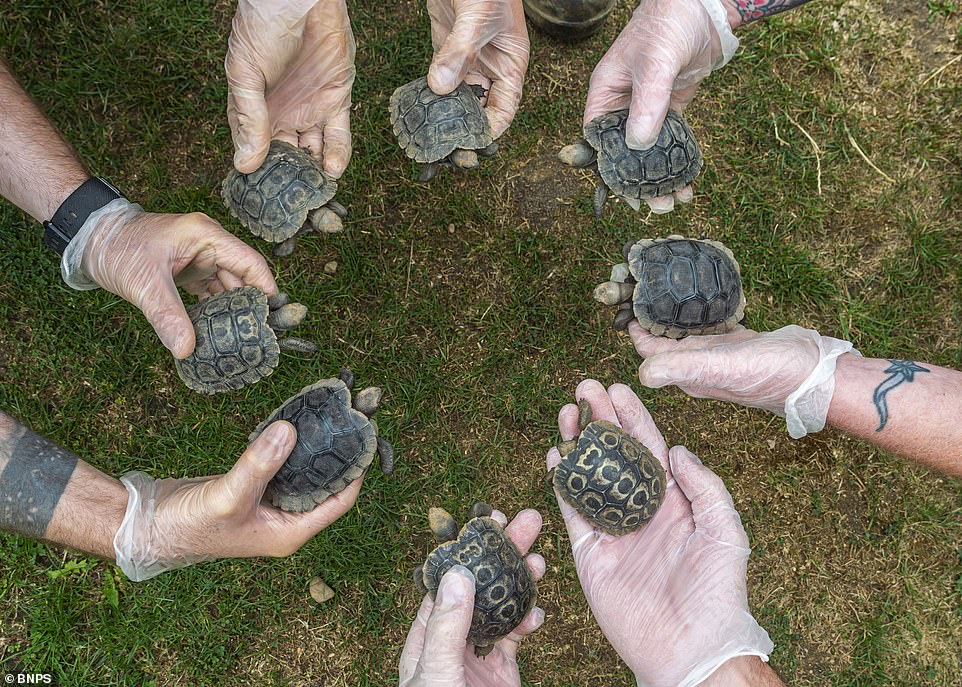
The arrival of the eight babies at Crocodiles of the World in Brize Norton is a huge boost for the conservation status of the endangered Galapogos giant tortoise.
Charlie then laid two more eggs fertilized by Dirk, who is said to be in peak physical condition, and these recently hatched.
The arrival of the eight babies at Crocodiles of the World in Brize Norton is a big boost for the conservation status of the endangered Galapogos giant tortoise.
Currently there are about 15,000 people left in the world, compared to 200,000 in the 19th century.
Shaun Foggett, founder and director of Crocodiles of the World, said: “The first two hatchlings were from Charlie in March, then we bred four from Isabella in July and have just had another two from Charlie’s eggs.”
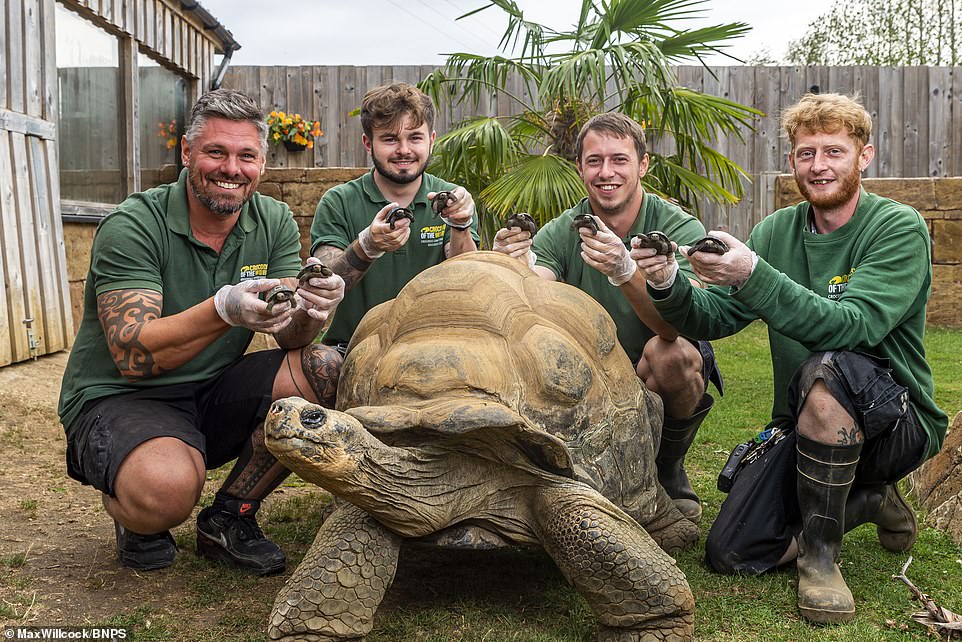
Currently there are about 15,000 people left in the world, compared to 200,000 in the 19th century.
‘There hasn’t been anything from Zuzu yet, but they have only started laying eggs in the last 18 months.
“We are pretty sure they are all women, but this is not yet confirmed.”
‘To monitor their growth and general well-being, hatchlings are kept separate from adult turtles.
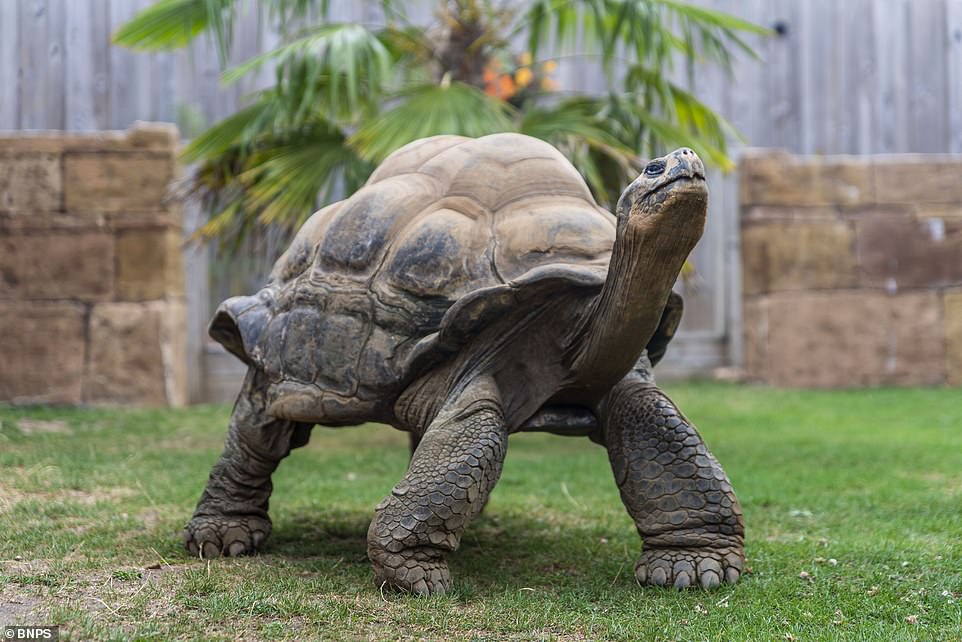
“It is very important that for a decade or more, only one collection of Galapagos giant tortoises in Europe was able to breed the species.
‘This clearly shows that Dirk is a potentially very important turtle in European zoos.
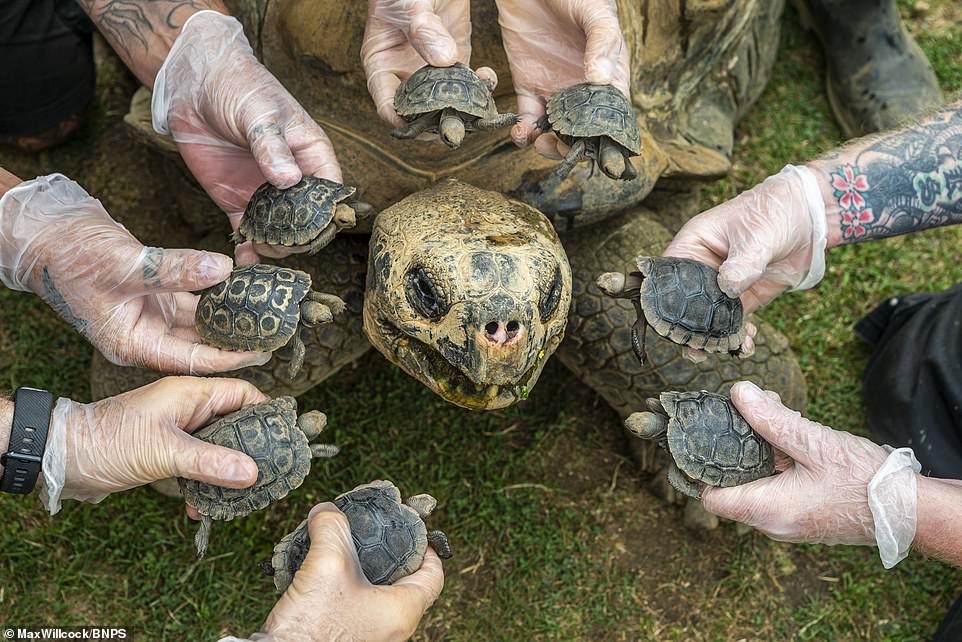
The Galapagos giant tortoises are famous for their long necks and are synonymous with Charles Darwin, who discovered the theory of evolution by studying them.
‘The biggest push at the moment is the fact that the knowledge we can gain and share from incubating eggs to raising young.
«This will provide more experience and knowledge about the entire process of breeding the species in a zoo.
‘Mating times, reproduction, adult behavior, any diet and supplements we have deemed useful or important will also form part of this body of knowledge we are gathering about breeding the species.
‘This is all vital information and can be written up and incorporated into existing knowledge and practices on the islands themselves.
‘Our current plan is to keep the babies here at the zoo for the foreseeable future so that we can continue to monitor their growth and condition as they grow.
The great British naturalist realized that the enormous creatures adapted their physical form to the environment and that their extended necks were intended to reach the tall vegetation of the Galapagos.
‘It is a unique opportunity to learn and contribute to the future of the species.
“It seems that Dirk doesn’t need to rest and continues to live with the females.”
The eight baby turtles may be small now, but they will grow to weigh 30 stone each when they are adults.
The Galapagos giant tortoises are famous for their long necks and are synonymous with Charles Darwin, who discovered the theory of evolution by studying them.
The great British naturalist realized that the enormous creatures adapted their physical form to the environment and that their extended necks were intended to reach the tall vegetation of the Galapagos.
Crocodiles of the World also supports the Galapagos Conservation Trust, which carries out research to help shape future conservation strategies for the species and protect its future in the Galapagos Islands.
Dirk originally arrived in Britain after being captured in the wild in the Galapagos Islands in 1962.
The Galapagos giant tortoises (Chelonoidis niger in Latin) are the largest species of tortoise in the world; They can grow up to 6 feet long and 900 pounds in weight and mate year-round.
